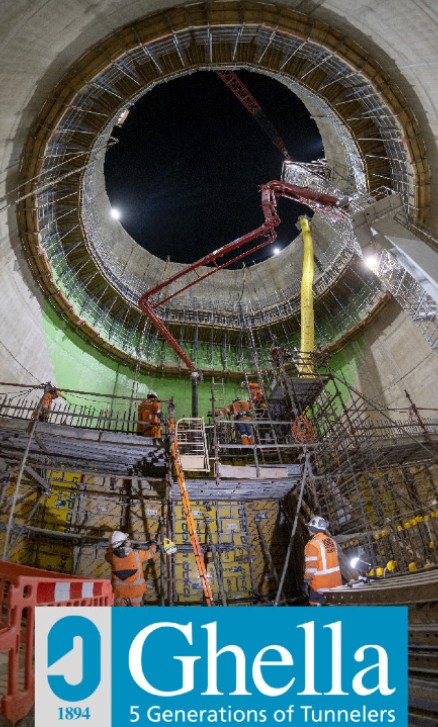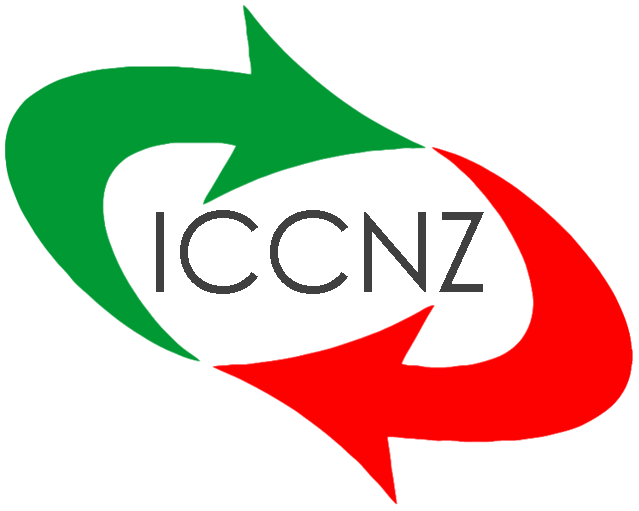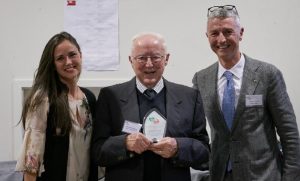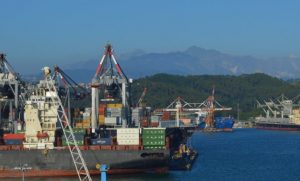In the brightly lit group headquarters in the Prati district of Rome, there is a mighty organisational machine, capable of handling contracts in every part of the world. Capable of selecting, evaluating and analysing requests for the most diverse tenders, of monitoring the course of large-scale public construction over four different continents – from Argentina to Canada, in Europe, Asia and Oceania.
It is able not only to capture tenders but above all, to liaise with hundreds of public authorities, always striving to comprehend their respective needs and investment intentions. Because being quick off the mark and presenting a near-perfect and economically viable submission every time a contract goes to tender is a must, and being prepared in advance, i.e. knowing early that a certain public works programme is likely to be launched, is often what makes the difference.
This machine is Ghella, founded in 1894, a five-generation family-owned leader in tunnelling construction.

The term “leader” has been somewhat overused and is risky, knowing that eventually, you will always come across someone who is a bigger leader than you are. But there is still one area in the substantially large sector of infrastructure where Ghella has no fear of being undermined. Tunnels, a specialisation in which the group has gained global prestige perhaps unlike any other, thanks to its ethos, its highly professional and specialised workforce and to the transfer of its technological skills aimed at leaving a lasting mark in the countries where it operates.
“Our name is a guarantee of technical viability, as a synonym of realisation, capacity and honesty“.
Over 90% of the projects in the Ghella Group’s work portfolio are designed to leave a lasting legacy to future generations, create value for the local areas and communities and contribute to the achievement of the Sustainable Development Goals of the United Nations by focusing on sustainable mobility, sustainable wastewater management and renewable energy production projects.
In Auckland, Ghella is the joint venture leader constructing the Central Interceptor, which, once completed, it will be the longest wastewater tunnel ever to be built in Aotearoa to help make the waterways and beaches cleaner, reduce risks to public health and the environment and therefore make Auckland a better place to live. At 4.5 metres in diameter, the tunnel will be high enough to fit a giraffe and wide enough to fit four rhinoceros side by side.



